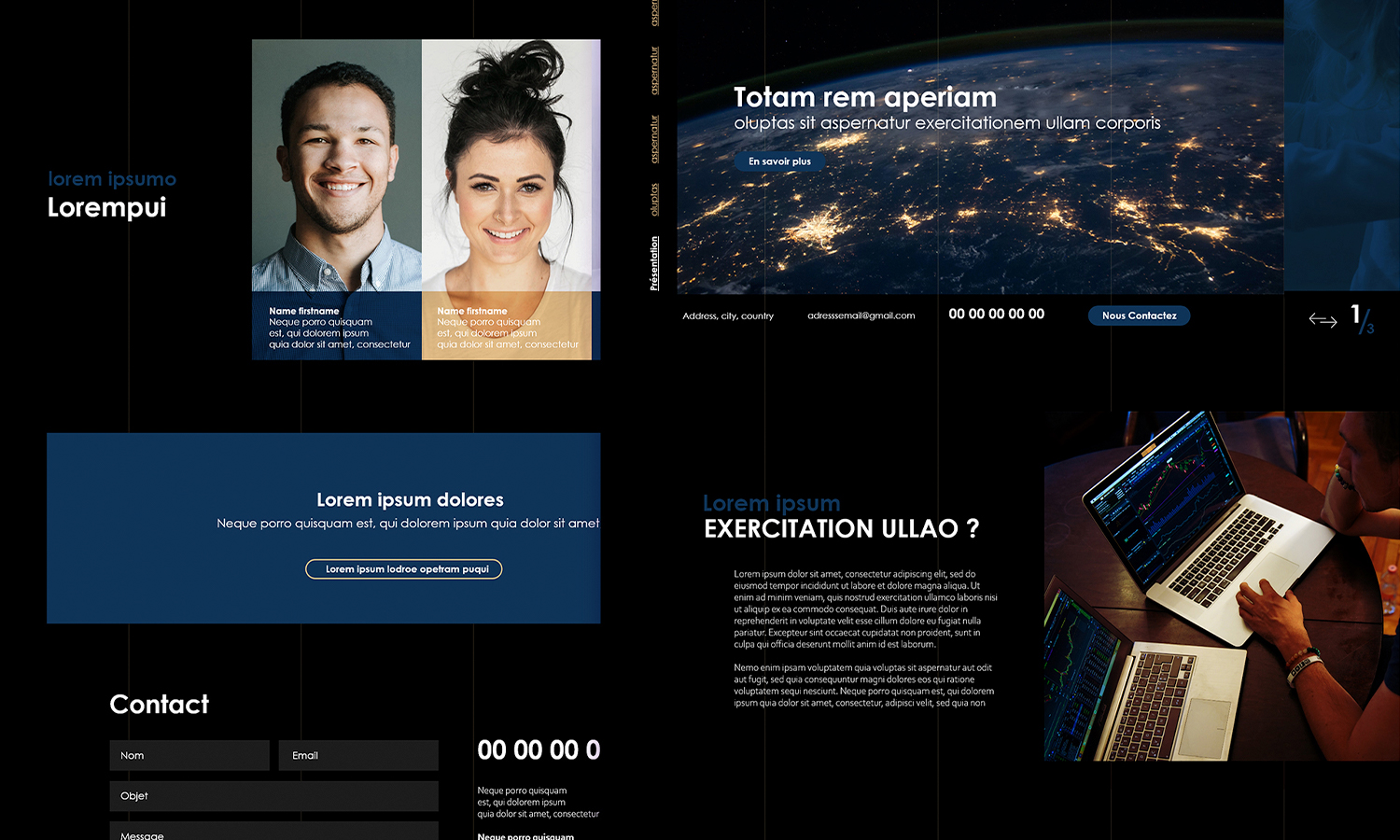
Web Design Types

Web Design Types

When determining web design types, considerations such as content, targeted operations (sales, service, product promotion, etc.), as well as competitor and competition analysis, play a pivotal role. Infrastructure also plays a crucial role in creating diversity in web design.
Web design, as a form of software, is crafted to reach specific target audiences among internet users. The intricacies of this design type manifest in the various categories of websites. The primary determinants of website type revolve around decisions such as whether to facilitate online sales, provide information about a specific service, establish a corporate company site, or create a portfolio. These choices significantly influence the nature and purpose of the website.
A one-page website typically comprises a single page, presenting all its content to users on a single screen. These sites stand out from others due to their practicality and cost-effectiveness. Simultaneously, they offer quick and straightforward design, facilitating easy expression of information.
Static websites are typically crafted using HTML and CSS, devoid of administration panels for content management. Static websites, designed with minimal code changes over an extended period, can achieve high rankings in search engines due to their low code density. However, they may face disadvantages as they lack regular updates common in dynamic sites.
In contrast to static websites, dynamic websites are typically coded using PHP and feature administration panels for content management. These sites exhibit a more professional structure and provide managers with the ability to oversee and manage content. The presence of up-to-date content enhances visibility, making them more likely to be prominently featured by search engines.
As the name implies, a Corporate website is a type of website that serves as the digital face of an organization of any size in the online environment. These sites, typically encompassing information about a company's operations and products, have become an indispensable asset for businesses in the contemporary landscape.
A Personal website is a type of website designed for individuals who offer services independently, without affiliation to any specific organization or community. These websites, also referred to as portfolios or CVs, are commonly favored by individuals working as freelancers.
Specialized e-commerce software refers to systems that companies develop in alignment with their unique sales processes. Generally crafted using languages such as PHP and ASP, these software solutions can be customized and written to address the customer's requirements throughout pre-sales, sales, and after-sales stages.
With such software, companies have the flexibility to build their sales processes step by step according to their preferences, beyond relying on virtual store platforms, WordPress, and similar off-the-shelf software.